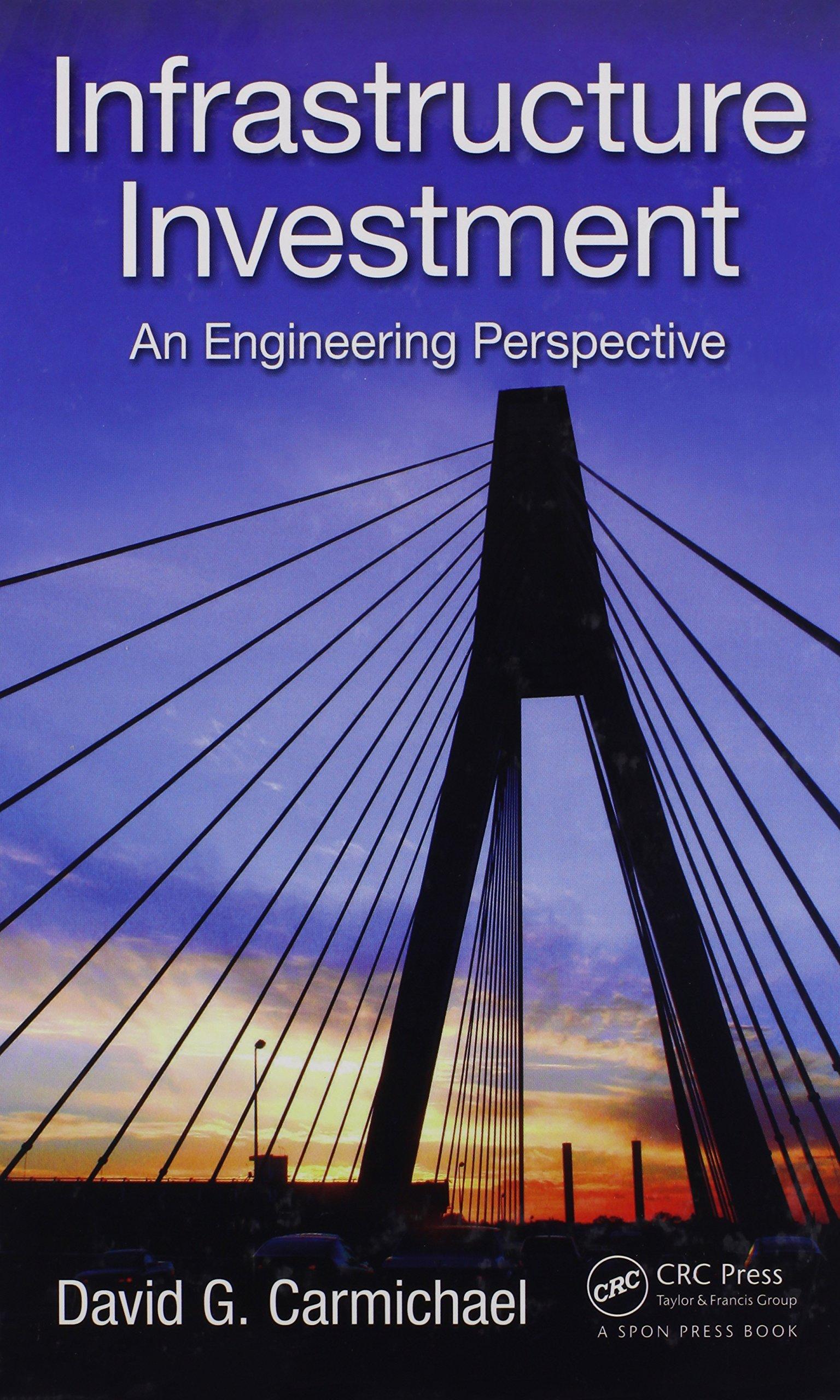The use of high interest rates could lead to an intergenerational bias when conducting appraisals. This would
Question:
The use of high interest rates could lead to an ‘intergenerational bias’
when conducting appraisals. This would particularly be the case for large infrastructure projects (such as tunnels and public transport), which have high immediate costs and provide ongoing benefits over very long periods of time. Do future generations miss out on the benefits of such projects because appraisals made today with large interest rates don’t demonstrate viability?
If the benefits of projects are required to be discounted at a rate of 10% per annum or more, then only those with quick payoffs will be considered, and long sustained benefits will count for little.
In view of the fact that shortsightedness by planners is universally condemned, it appears that the use of a high interest rate policy is inconsistent with community expectations. Why not use an alternative interest rate – a social time preference rate (say, a few per cent per annum) – which embodies moral judgements about the welfare of different generations? Why not use such a rate in the evaluation of long-term infrastructure projects?
Step by Step Answer:

Infrastructure Investment An Engineering Perspective
ISBN: 9781466576698
1st Edition
Authors: David G. Carmichael






